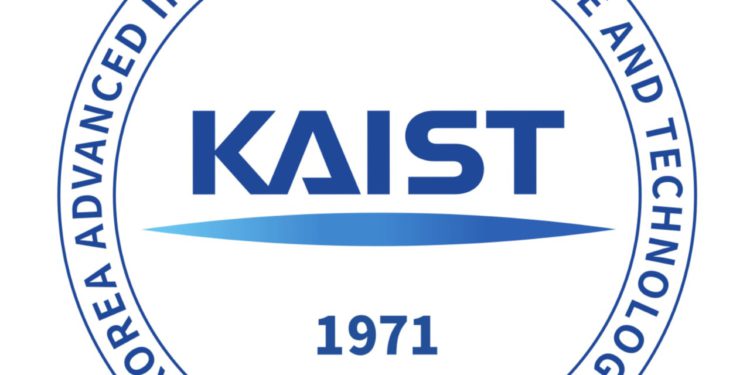The Korea Institute of Science and Technology (KAIST) has announced that it has developed a high-density neuromorphic chip that can imitate the human brain. Professors Choi Yang-kyu and Choi Sung-Yool led the team of researchers.
Neuromorphic hardware is an artificial intelligence function that mimics the human brain based on the idea that it can accomplish very complicated tasks consuming only 20 watts of energy, unlike the traditional Von Neuman method.
Neuromorphic hardware requires synapses that can remember the interneuron connections. The team developed the neuromorphic hardware using a single transistor, using a standard silicon process, thus increasing the possibility of commercializing neuromorphic hardware systems.
The neuromorphic transistor has the same structure as already existing transistors for memory and system hardware. Besides carrying out memory and logical operations, it can also function as both neuron and synapse, which was never done before.
Moreover, the neuromorphic transistor has a high level of density. While the existing neuron circuit needs 21,000 units for the planner area, the newly developed neuromorphic transistor only needs six units, thus raising the level of density up to 3,500 times or more. This new technology can reduce the cost by simplifying the production process.
In the team’s experiments, the research team simulated brain functions like amplification gain control, simultaneity determination, and face and letter pattern recognition.
KAIST expects the neuromorphic hardware to increase integration and reduce the cost, moving closer to their commercialization.
Han Joon-Kyu, a Ph. D candidate at the School of Electrical Engineering at Kaist, was the lead author of the research, with Oh Jung-yeop carrying the responsibility of the second author. The study was published in the August online edition of science advances under the title of “Cointegration of single-transistor neurons and synapses by nanoscale CMOS fabrication for highly scalable neuromorphic hardware.”
![]()







